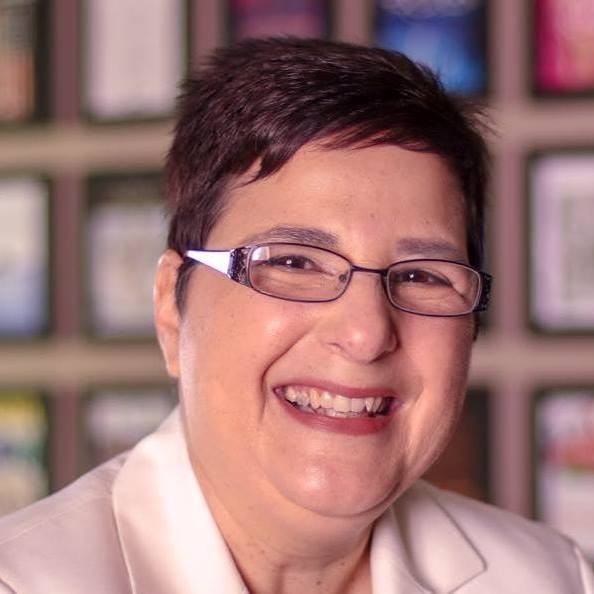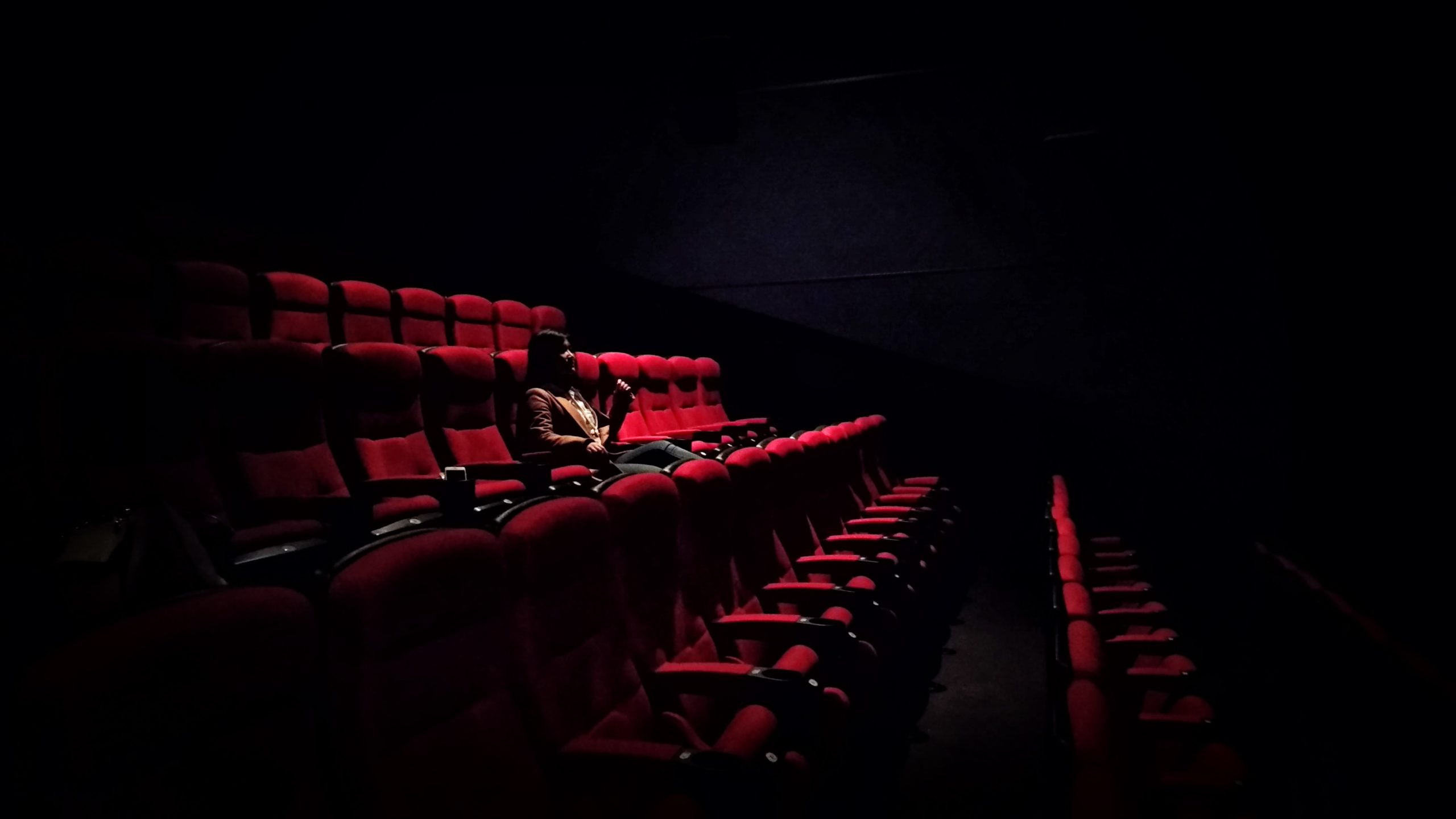
Critic Spotlight: September 2021
Lauren Van Hemert
For this edition of Critic Spotlight, Lauren Van Hemert speaks uninterrupted by interviewer questions. Van Hemert, based in Raleigh-Durham, North Carolina, has written for Broadway World and now her own website Beltline to Broadway (formerly RDU Onstage). Here is Lauren, in her own words.

I was born and raised in Miami, Florida, and always, always, always, always wanted to be a journalist. It didn’t occur to me that I could be an arts journalist because that wasn’t really a thing when I was going to school. I just didn’t put my passion for theater and journalism together.
I always loved theater: It was my minor while I majored in journalism. I was basically going to come home for a very short time to hang with my parents and then move to Chicago where I desired to work for WGN. I had all these grand plans and then Hurricane Andrew blew away my parents’ home.
I got a job as a morning news writer for what is now a Fox affiliate, but they were unscrupulous with their reporting. They wanted me to fabricate a story, so I quit. And then about four years ago, I saw an ad for Broadway World that said they were looking for a contributing regional editor here in Raleigh. I can write, and I love theater. I worked for Broadway World for a year and then started my own platform.
I made all these theater connections here. Another Broadway World writer in the region would cover the national tours, so I started covering the 60 smaller theaters in the area. These are theaters that had never received coverage before, and I developed relationships with a lot of their artistic directors and performers.
What I find interesting about arts journalism is not writing reviews but talking to people to figure out their creative process and what makes them tick. This was an opportunity to have so many fabulous and thrilling conversations with these fantastic theater makers, and people took notice.
When I started RDU OnStage, everyone said, “You should put these talks on a podcast because they are really rich.” I thought, okay, we’ll do that. A podcast element could really set us apart.
When COVID hit, I saw this news story quickly unfolding as theaters were closing and people were panicking. I pivoted into hard journalism mode: in the first weekend of the shutdown back in March of 2020, I did 17 interviews. I was the only local outlet talking to theaters about how this would affect our arts communities. We went from 500 to 1600 followers, in addition to thousands of people watching our live chats. We were having conversations about how this pandemic was affecting our industry. When theaters started doing zoom productions, we were talking about those.
When George Floyd was murdered, everybody said, “You need to stop talking. Now you can’t do these live chats anymore. Yours is not the voice we need to hear.” But a group of actors came to me and said, “You’ve been our hub for months. Can you host a zoom, not for broadcast, but just so we can all get together and discuss what’s happening around George Floyd?” I called my friend Juan, a Black actor here, and I said, “I don’t think I’m the person to moderate this. Can you be part of this?” We didn’t broadcast the conversation, but the discourse was so beautiful. Afterwards, Juan and I wondered if we could we do this as a live broadcast. The first one, which we called TORN (Theater On Racist Negativity) was watched by 1800 people.
It became clear that our mission went beyond traditional arts journalism. We were re-imagining what was possible and I really liked what was happening. Yet I was afraid that when theaters re-opened, I wouldn’t be able return and continue reviewing. We spent 18 months with all these actors, designers, and producers as part of this community that we built. What if I didn’t like the show? What does theater criticism look like post pandemic? I’m excited to see where these conversations go next, because we need more people who are champions of the theater. Even in those moments where we are critical, we never stop serving as people who champion this art form we love.
I recall a debate I had with another ATCA member about whether critics should build relations with the theaters we cover. For many of us, we function in a somewhat distant professional association with our subjects. His viewpoint was that we shouldn’t form those relationships, but my business has grown exponentially because we fostered honest connections. It’s an interesting model for how arts journalism functions in a community like ours.
Some recent Beltline to Broadway interviews
May 17, 2021
Ep. 97: Celebrating the 50th Anniversary of GODSPELL with the Original off-Broadway Cast
April 26, 2021
Ep. 95: Where Can I Go? A Candid Conversation with Five Survivors of the Holocaust
August 11, 2021
Ep. 105: A Spoonful of Music and Optimism with Robert J. Sherman
— Interview by Karen Topham. Edited for length and clarity.





Sorry, the comment form is closed at this time.